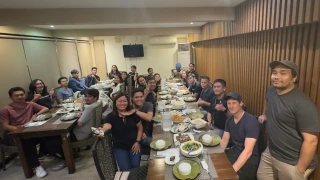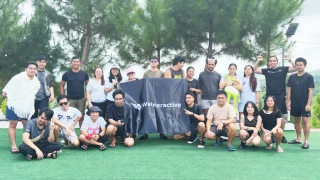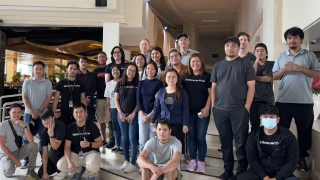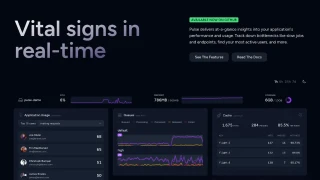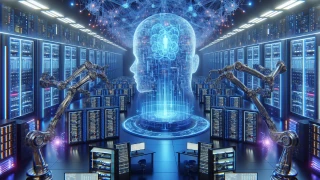- / Contents
- / Exploring the Depths of Free Will: A Journey into Autonomy, Morality, and Decision-Making
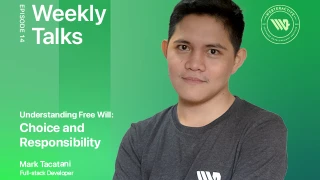
Exploring the Depths of Free Will: A Journey into Autonomy, Morality, and Decision-Making
Free will is a concept woven into the tapestry of human existence, and remains a captivating and complex phenomenon. As we navigate the realms of autonomy, moral responsibility, decision-making, and personal growth, we uncover the profound impact of free will on the choices that shape our lives.
Free will, a concept deeply embedded in the fabric of human existence, has been a subject of philosophical, theological, and scientific debate for centuries. It is the notion that individuals possess the capacity to make choices independent of external influences or deterministic forces. In this exploration, we delve into the intricacies of free will, tracing its origins, questioning its exclusivity to humans, and unraveling the multifaceted ways in which it shapes our lives.
What is Free Will?
At its core, free will refers to the ability of an individual to make choices and decisions voluntarily, without being predetermined by external factors or fate. It implies a sense of autonomy and personal agency, suggesting that our actions are a product of our own intentions rather than external forces controlling our every move.
Who Coined Free Will?
The concept of free will has roots in ancient philosophy, with thinkers like Aristotle and Socrates pondering the nature of human agency. However, the term "free will" gained prominence in Christian theology, where it was often discussed in the context of divine providence and human responsibility. Notably, Augustine of Hippo and Thomas Aquinas contributed significantly to shaping the theological understanding of free will.
Is Free Will Unique to Humans Only?
While the question of whether animals or artificial intelligence possess free will remains open, it is generally considered a distinctive trait of human consciousness. Humans, with their complex cognitive abilities and self-awareness, navigate the intricate terrain of choices in ways that extend beyond basic instincts. The uniqueness of human free will lies in the ability to contemplate, deliberate, and reflect on the consequences of one's actions.
Ways in Which Free Will Can Influence Our Choices:
Autonomy:
Free will is closely tied to autonomy, the capacity to govern oneself independently. Autonomy empowers individuals to make decisions aligned with their values, beliefs, and desires, fostering a sense of control over their lives.
Moral Responsibility:
The concept of free will intertwines with moral responsibility, as individuals are held accountable for their choices. It is the foundation upon which ethical frameworks are built, guiding our understanding of right and wrong.
Decision-Making:
Free will plays a pivotal role in decision-making, enabling individuals to evaluate options, weigh consequences, and choose a course of action. It is the driving force behind the myriad choices we make daily, from mundane tasks to life-altering decisions.
Consciousness and Intent:
Conscious awareness and intentional actions are key components of free will. The ability to act with purpose and awareness distinguishes human agency from mere mechanical responses.
Emotional and Rational Factors:
Free will integrates emotional and rational factors in decision-making. Emotions provide depth and nuance to choices, while rationality allows for logical analysis. The interplay between these aspects shapes the complexity of our decisions.
Resisting External Pressures:
Free will empowers individuals to resist external pressures and societal norms that may conflict with personal values. It is the force that allows us to forge our own paths despite external influences.
Personal Growth and Change:
Free will facilitates personal growth and change by allowing individuals to break free from ingrained patterns and make choices that lead to self-improvement. It is the catalyst for transformative experiences and the pursuit of a more fulfilling life.
In conclusion, free will, a concept woven into the tapestry of human existence, remains a captivating and complex phenomenon. As we navigate the realms of autonomy, moral responsibility, decision-making, and personal growth, we uncover the profound impact of free will on the choices that shape our lives. In the intricate dance between consciousness and intent, humans continue to explore the boundaries of their agency, embracing the power to shape their destinies in a world rich with possibilities.

